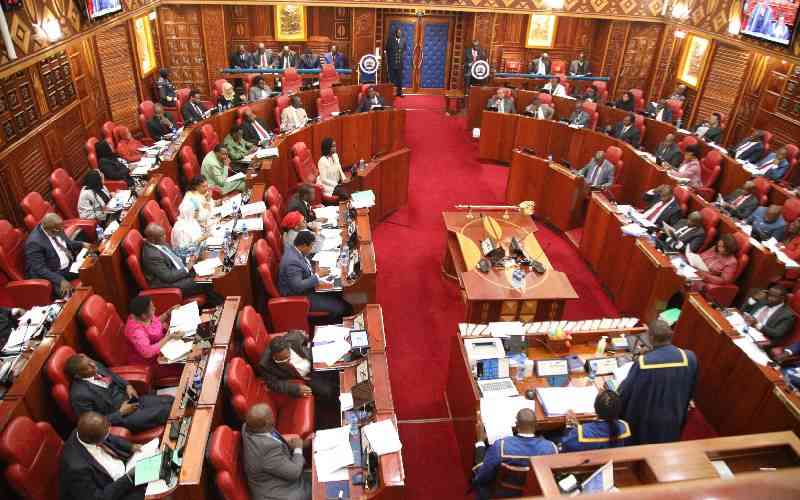
I wanted to write about the rise and fall, or is it fall and rise, of Deputy Prezzo Rigathi Gachagua aka Riggy G, whose reign was scheduled to unexpectedly end, or begin, last night at midnight. But I was drawn to the riveting drama that has gripped the nation over the last few days, as the Senate was designated official site of TikTok short films.
It's part of a nationwide government to promote creative economies in the 47 counties, and they are starting with Nairobi. It was so confounding when I returned, after a brief trip, to a city in the grip of such riveting drama.